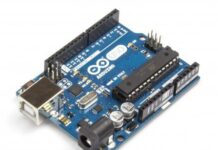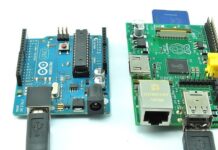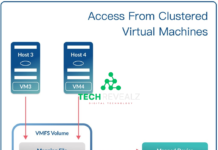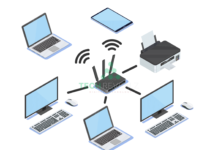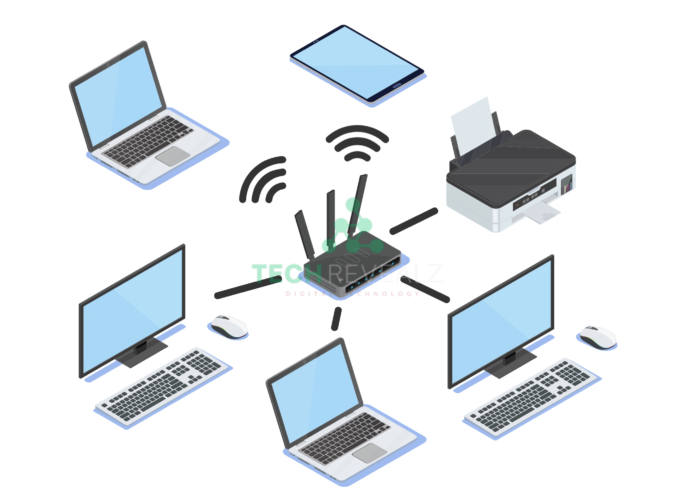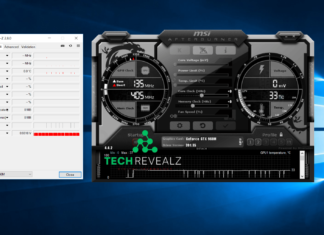What is a Node in Networking?
A network node is a connection point in a communications network. Each node is an endpoint for data transmissions or redistribution. These devices can be physical hardware components like computers, routers, switches, or even software-based entities such as virtual machines or cloud-based servers.
Nodes serve as the fundamental building blocks of a network, facilitating the exchange of data packets. They can be further categorized into different types, including end nodes (hosts), intermediate nodes (routers/switches), and network servers, each with specific functions that contribute to the efficient functioning of the network. Read More Articles about Networking.
Understanding the Basics: What is a Node?
At its core, a node in networking refers to a device or a point within a network that plays a crucial role in data communication. These devices can be physical hardware components like computers, routers, switches, or even software-based entities such as virtual machines or cloud-based servers. Nodes serve as the building blocks of a network, facilitating the exchange of data packets.

Types of Nodes
Nodes in networking can be categorized into various types, each with its unique characteristics and functions:
1. End Nodes
End nodes, often referred to as hosts, are devices that initiate or consume data within a network. These include laptops, smartphones, desktop computers, and any device that connects to the network to access resources or services.
2. Intermediate Nodes
Intermediate nodes, also known as routers or switches, play a crucial role in directing data traffic within the network. They determine the optimal path for data packets to travel from the source to the destination, ensuring efficient data transmission.
3. Network Servers
Network servers, such as web servers, email servers, and file servers, are specialized nodes designed to provide specific services to other devices within the network. They store and manage resources that can be accessed by end nodes.
The Role of Nodes in Networking
Nodes are the essential building blocks of any network, and they perform various vital functions:
1. Data Routing
Intermediate nodes, like routers, are responsible for routing data packets between different segments of the network. They make decisions based on routing tables to ensure data reaches its intended destination.
2. Data Storage
Network servers store and manage data, making it accessible to authorized users or devices. This is crucial for applications like file sharing and web hosting.
3. Data Processing
Some nodes, like powerful servers and high-end computers, are equipped to process data, perform complex calculations, or run resource-intensive applications.
Network Topologies and Nodes
The arrangement of nodes in a network can take different forms, known as network topologies. Each topology has its advantages and disadvantages, influencing how data flows within the network.

1. Bus Topology
In a bus topology, all nodes are connected to a central cable or “bus.” Data is transmitted along this cable, and each node reads the data. This topology is simple but can suffer from data collisions.
2. Star Topology
In a star topology, all nodes are connected to a central hub or switch. This setup offers excellent reliability, as the failure of one node doesn’t affect the others.
3. Mesh Topology
In a mesh topology, every node is interconnected with every other node. This redundancy ensures robustness but can be expensive to implement.
4. Ring Topology
In a ring topology, nodes are connected in a circular fashion. Data circulates the ring until it reaches its destination. Ring topologies are relatively simple but can be disrupted if one node fails.
Conclusion
In conclusion, nodes are the fundamental components that make networks function. They come in various forms, each serving a specific purpose in ensuring efficient data communication. Understanding nodes and their roles within different network topologies is crucial for building and maintaining robust and reliable networks.
Now that you have a better grasp of what a node is in networking, you can explore the endless possibilities of the interconnected digital world. Networking is a dynamic field that continues to evolve, and nodes will remain at its core, connecting us all.
FAQs (Frequently Asked Questions)
- What is the primary function of a network node? A network node’s primary function is to facilitate data communication within a network by receiving, processing, and transmitting data packets.
- Can a single device serve as both an end node and an intermediate node? Yes, some devices, like multifunctional routers, can act as both end nodes and intermediate nodes, depending on their configuration and usage.
- What is the significance of network topologies in relation to nodes? Network topologies determine how nodes are interconnected and influence the flow of data within a network, affecting its reliability and performance.
- Are virtual machines considered network nodes? Yes, virtual machines can function as network nodes when they are connected to a network and participate in data communication.
- Where can I learn more about advanced networking concepts? You can access resources and courses on networking through various online platforms and educational institutions. For specific inquiries, consider consulting networking experts or forums dedicated to the subject.






